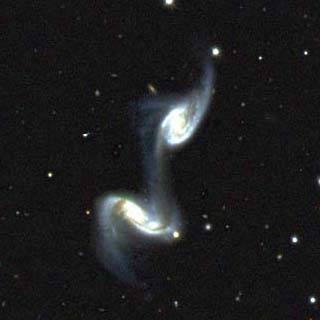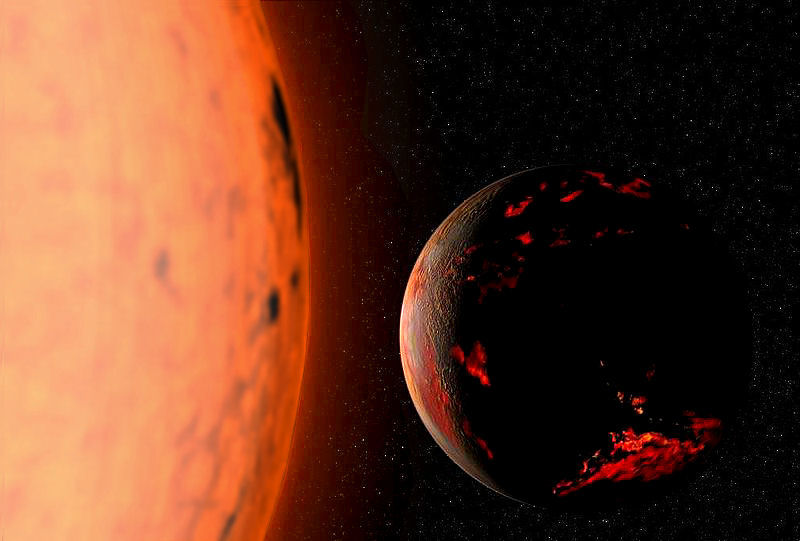Your "tap-dance" is a an envious projection from someone who does not know that the expanding universe is proof itself of a non-existent god. If you were in college and given this reading assignment, you would be tested and (graded [italics]) on it:I'm a space geek, but only an armchair one. I love space documentaries. What is striking is: the more astrophysicists, etc discover, the less they really understand. Like what you mention. Space is not only expanding, but it is expanding at an ever increasing rate.
That's just one aspect of space they seem to understand less. Which is fascinating really
They basically tapdance all around God. Which is also fascinating. And funny
'Derrida's treatment of God is the inverse of negative theology. Negative theology proceeds from the premise that whatever story we can tell about God, whatever image or predicate we employ to describe God, cannot be adequate to the positive infinity of God. To describe God is to make him dependent on conditions that apply to temporal finitude. It is on order to save God from such mortal contamination that negative theology refuses to predicate God.
Derrida's argument is exactly the opposite, since he holds that God is as dependent on temporal finitude as everyone else. When Derrida employs the name of God, or reads a story that involves God, it is to show that even the supposedly indivisible is divisible and that whoever says I am [italics]) confesses that he is mortal.
Such radical atheism follows from thinking of the trace that informs Derrida's writing from beginning to end. The structure of the trace entails that everything is subjected to the finitude of time and consequently that God himself is "an effect of the trace." It follows that any notion of God as positive infinity is contradicted from within by the spacing of time, which cannot be appropriated by religion.
As Derrida writes in "Faith and Knowledge," the spacing of time "will never have entered religion and will never permit itself to be sacralized, sanctified, humanized, theologized." '
(Haegglund, Radical Atheism: Derrida and the Time of Life, p. 143)



